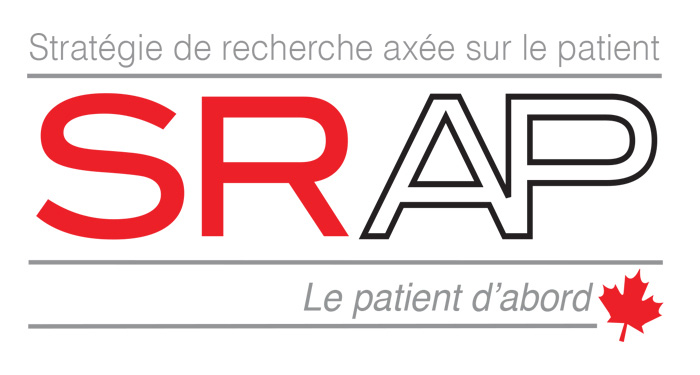There are increasing opportunities to leverage administrative health data to better understand the experiences of communities who face inequities, including 2S/LGBTQQIA+ communities. But how do 2S/LGBTQQIA+ people feel about these kinds of health data and its linkage to community-based research? For community-based researchers, what can administrative health data tell us about how 2S/LGBTQQIA+ people “show up” in the data? In this session, Anu Radha Verma and Dr. Lachowsky will discuss the feasibility and acceptability of administrative health data linkage amongst 2S/LGBTQQIA+ communities, the possibility of understanding chronic diseases and their management in our communities, and possibilities for the future.
About the Speakers:
Anu Radha Verma (she/her) is an Associate Director of Research at the Community-Based Research Centre (CBRC). Her work at CBRC is focused on chronic health, conversion practices, anti-racism and gender-based violence. Anu Radha has lived and worked in both so-called Canada and India, and she focuses on social justice issues relating to the environment, health, gender and sexuality, poverty, youth, migration and disability. She is a queer, diasporic woman of colour with complex connections to ‘South Asia’, a mad-identified survivor, and she navigates chronic fatigue while living on the Treaty and Traditional Territory of the Mississauga’s of the Credit.
Dr. Nathan Lachowsky (he/him/his) is a settler researcher and uninvited guest on the traditional territory of the Lekwungen peoples. He is an Associate Professor in the School of Public Health and Social Policy at the University of Victoria, Canada, a Michael Smith Foundation for Health Research Scholar, and he serves as Research Director for CBRC. Championing interdisciplinary and community-based approaches, Dr. Lachowsky has conducted HIV and sexual health research with sexual and gender minoritized men, including Indigenous Two-Spirit and ethnoracial minority men across Canada and Aotearoa New Zealand.






